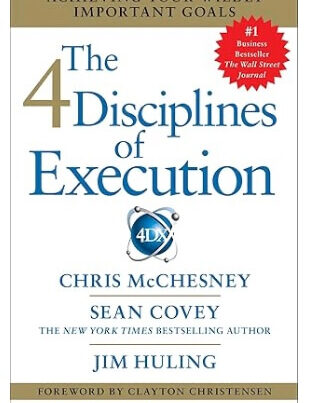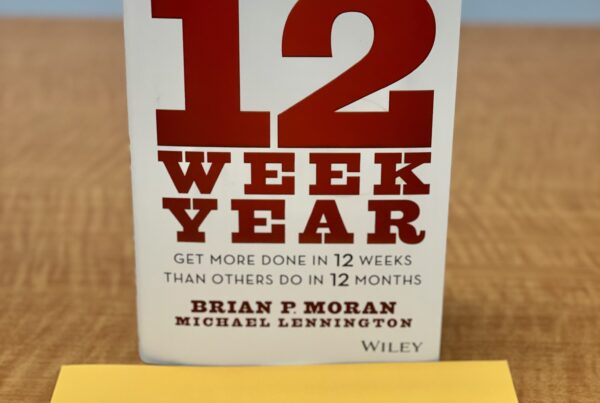Last Updated on October 30, 2025 by Dave Schoenbeck
In chess, as in business, the match is often decided by a single wrong move. Once such a move is made, it can’t be taken back. Effective decision-making in high-pressure situations is essential to ensure every move is strategic. Developing your ability to listen is a straightforward way to make better decisions and optimize your chance of success.
Why is Listening Important in Leadership?
Executives are trained, encouraged, rewarded, and revered for their speedy reaction times and intuitive decision-making. We must make decisions quickly, especially around a crowded meeting room table. Despite the pervasive idea of leadership under pressure, quick decisions are not always best for the company.
Great leaders make the correct call after an effective decision-making process, which involves a skill that needs to be praised more in executives: listening. Being a good listener—not just to other higher-ups but to employees at all company levels—can help you make better decisions in several ways.
First, we tend to be blinded by our perspective even if we don’t realize it. We all have certain biases that can impact our ability to see things clearly, and listening to other viewpoints can help us become aware of what they are.
Second, morale improves when employees know their input is valued, even if they don’t always have the final say. Involving employees in decision-making makes your team members feel valued and important.
Ultimately, demonstrating a willingness to listen fosters an environment where creativity and new ideas can flourish. Nothing shuts down innovation faster than a closed-minded leader.
How to Be an Effective Listener
Listening to your team and peers is vital for effective decision-making, but how adept are your listening skills? Here are a few essential tips to help you maximize your active listening abilities.
- Have an open mind. Hearing someone is not the same as listening to them. It’s not listening if you’ve already decided your mind can’t be changed. Don’t just pretend to consider the other person’s opinion. Remain open to the possibility that they may have new information you haven’t fully understood.
- Make eye contact. This helps you stay focused and shows the other person you are listening. There’s nothing worse than trying to talk to someone busy on their phone or shuffling through papers instead of paying attention.
- Listen instead of pontificating. Too often, we’re so busy thinking up our response that we don’t even hear the other person’s words. Try to be fully present and let the other person finish their thought before responding. The Greek philosopher Pythagoras wrote: “A fool is known by speech, and a wise man is known by silence.”
- Ask questions if necessary. Don’t just assume you have all the answers. If something is unclear, pause to ask about it before the other person gets too far into their explanation.
- Repeat it back. Ensure you’ve gotten the complete picture by summarizing the other person’s point and repeating it to them: “So if I understand correctly, you’re saying…”
Every leader should master effective decision-making. Listen to feedback, discuss it with your staff or peers, get an outside opinion if necessary, and take a break before making your choice. If you give yourself time to think things through rather than get caught up in the moment’s energy, you will be respected for your patience, wisdom, and experience.
Developing practical decision-making skills in business leaders is one of my passions. If you need help making choices under pressure, you can click here to schedule a complimentary coaching session with me to refine your decision-making process.
Coach Dave
- A Practical Guide on How to Create a Business Strategy That Works - December 4, 2025
- Entrepreneur Anxiety is a Disturbed Relationship with Certainty - November 28, 2025
- The Pros and Cons of Displaying Pricing on Websites - November 20, 2025



